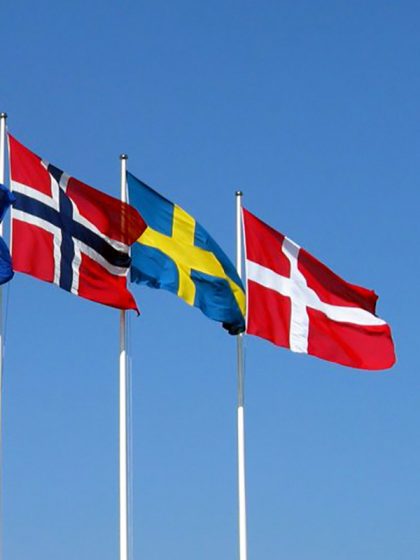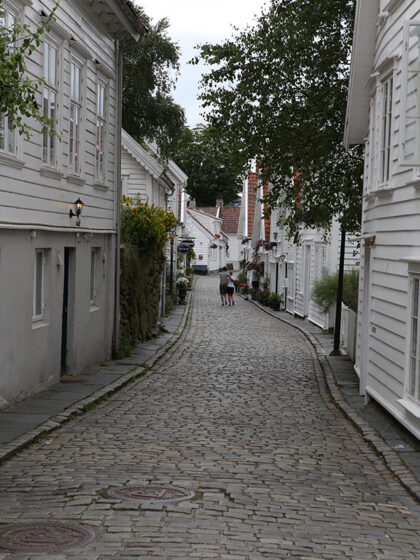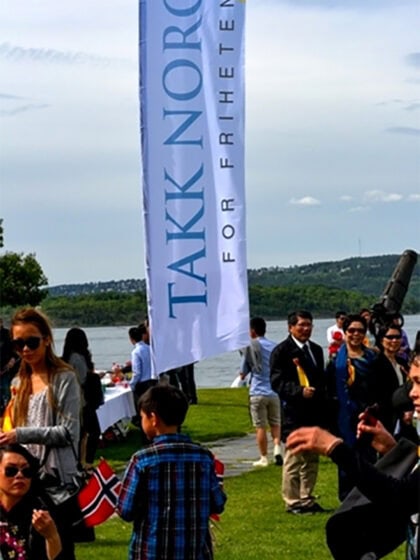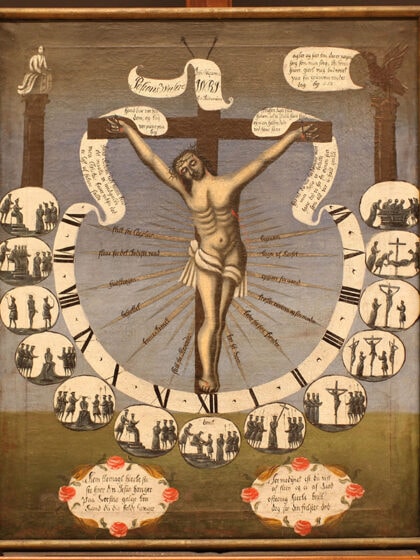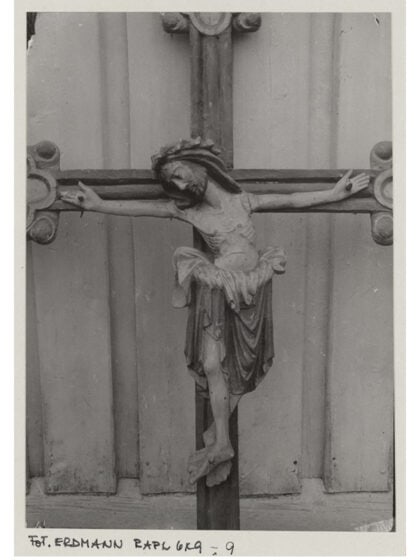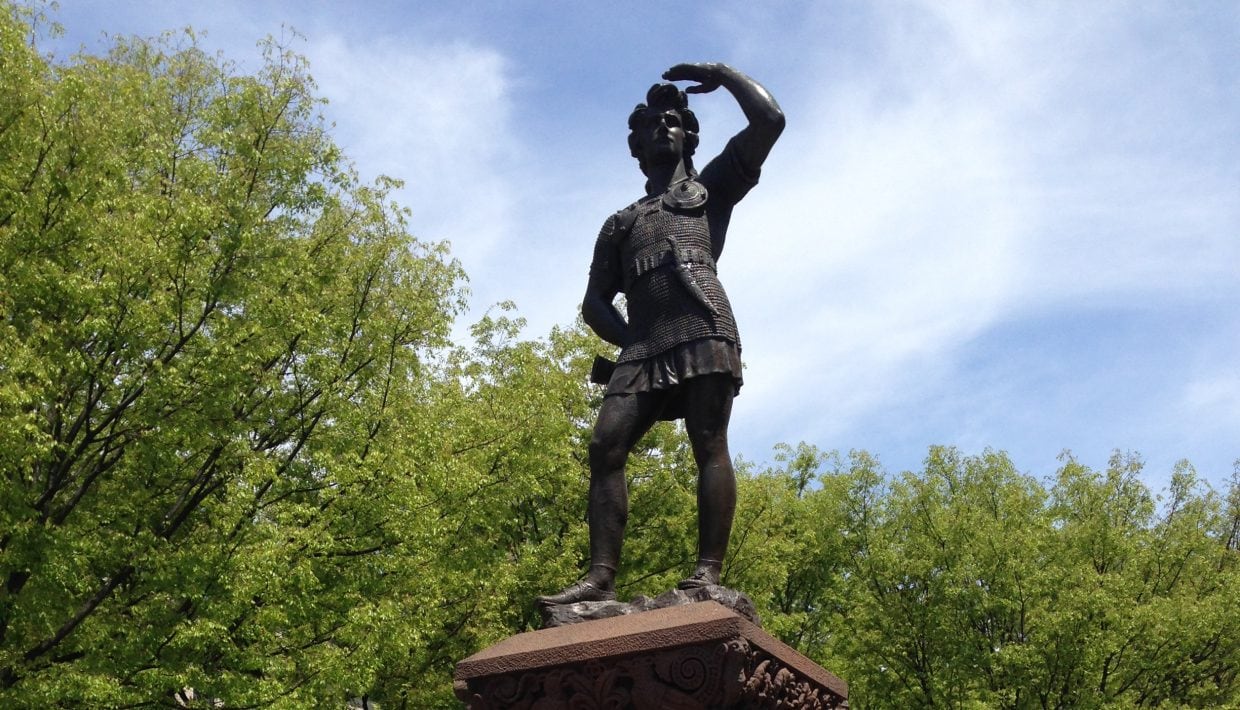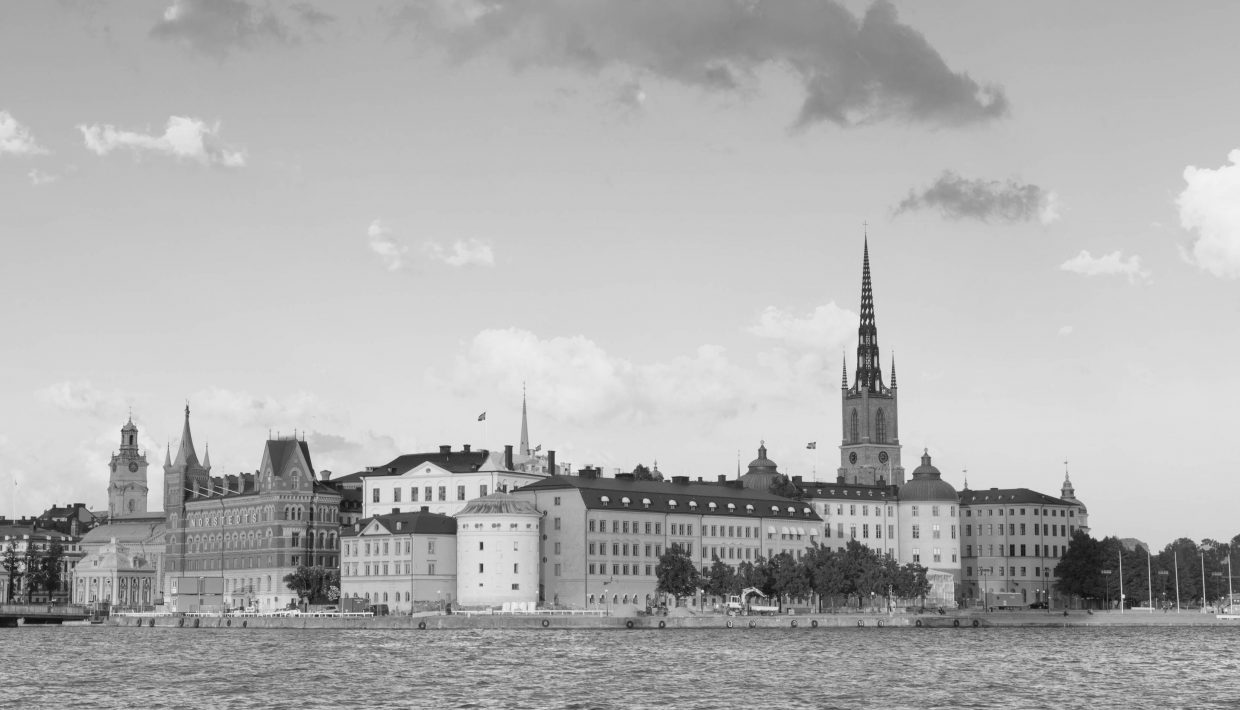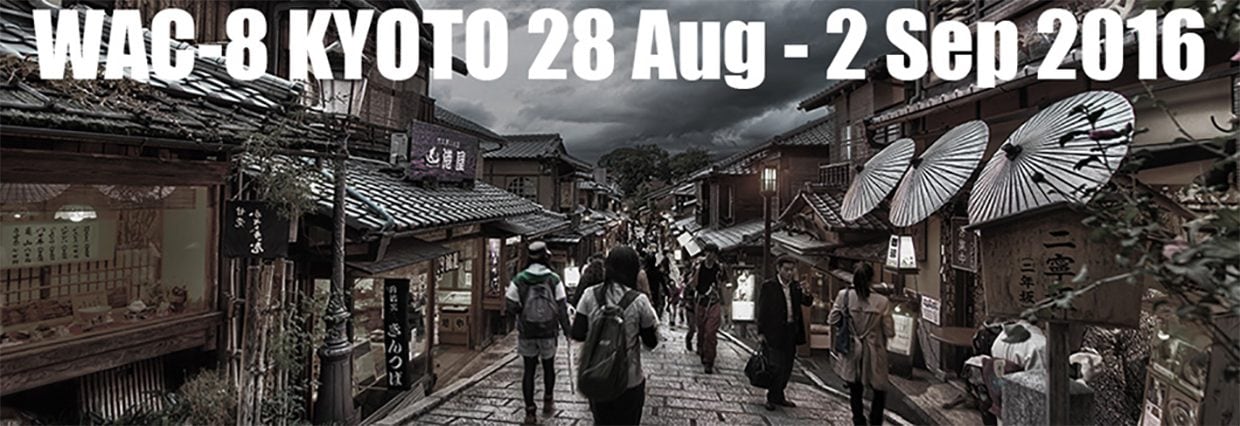In November 2019 NIKU researcher Torgrim Sneve Guttormsen spent two weeks as a visiting scholar at Australian National University (ANU), Canberra. As a part of this he held a seminar at Centre for Heritage and Museum Studies about on the heritage produced by the Vietnamese refugee diaspora following the Vietnam War.

Heritage Politics
Cultural Heritage Management (CHM) – Interfaces of Research, Management and Society
Contact us
This strategic institute Research Program (SIS-project) focuses on the functions and challenges the cultural heritage management has in today’s society and the challenges for future heritage management.
Heritage management as political tool
The project is through critical applied research aiming at strengthening the knowledgebase for the management of cultural heritage. This includes to increase the knowledge for a greater understanding of, and debate about, the function which the cultural heritage management has or should have in the critical public sphere. In this context, we define “cultural heritage management” as public bodies or bureaucracies involved in the official management of cultural heritage (like museums, municipalities / counties and state institutions and administrations).
Based on an interdisciplinary research group consisting of expertise in archaeology, ethnology, sociology, anthropology, architecture and conservation, this SIS-project will strengthen NIKU as a center of expertise for knowledge about cultural heritage studies and the role of the cultural heritage management in society.
The project investigates the meeting points that the cultural heritage management sector has in relation to the public administration in general, and how cultural heritage management will be a political tool for achieving societal goods. The participants in the project are researching on the roles of cultural heritage management in political decision-making and the prerequisites for the decision-making processes witch the cultural heritage management sector rests on. It implies a focus on academic theoretical perspectives, as well as the knowledge systems, ideologies and social trends which underlie how cultural heritage is managed and give meaning to a diverse public.
Problem statement
The project is organized to examine two main research tasks:
1. to investigate different aspects of today’s cultural heritage management (CHM), that is, the ideas, concepts, policy frameworks and visions etc. that underlie the executive management of cultural heritage in the public sector.
2. To investigate the challenges based on for instance societal trends, geopolitics, visions and utopias affecting future heritage management.
The research is aimed at managers and users of cultural heritage, and scholars in heritage studies and more specific studies on the cultural heritage management (CHM).



